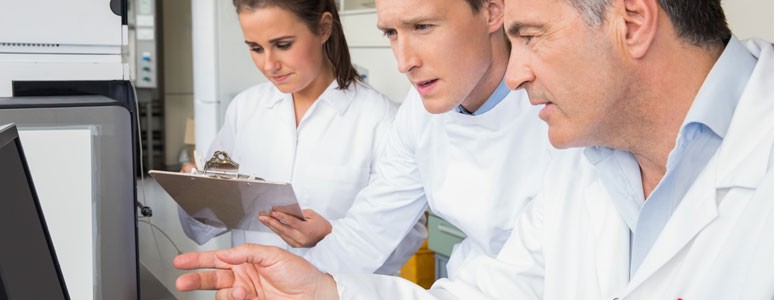A group of leading British researchers have received more funding to continue work into preventing type 1 diabetes.
The Type 1 Diabetes UK Immunotherapy Consortium (T1D UK) has been conducting clinical trials in a bid to find the world’s first immunotherapy drug that will stop type 1 diabetes from developing.
The cash injection of £490,000 from charities Diabetes UK and JDRF means they can continue with their research for another three years.
T1D UK was set up in 2015 and has discovered several treatments have shown significant promise, but all drugs must be vigorously tested before they can be made available to the public.
In addition to testing potential new drugs, the network also aims to increase the number of clinical centres located around the UK so it is more convenient for people to participate in their research trials.
Cardiff University’s Professor Colin Daya, who leads the T1D UK’s network of research centres, said: “Insulin is too difficult. It’s a blessing we have it because it keeps people with type 1 diabetes alive – people were dying very quickly 100 years ago. But it’s also a curse because it’s so difficult to use – and this is what people with type 1 are facing every day for the rest of their lives.”
Since the consortium was launched, five times as many people have started taking part in the research trials.
Prof Dayan added: “We will focus on making immunotherapy research bigger, smarter and faster. We plan to increase the number of clinical trials being run in the UK and make each trial more efficient, so they can be conducted in half the time and with half the number of volunteers. This will enable us to collect the evidence required to get a drug licenced, and made available in the diabetes clinic, sooner than is currently possible.”
Rachel Connor, UK Director of Research Partnerships at JDRF, said: “We won’t let new type 1 diabetes treatment insights lie undiscovered within immunotherapy study data. Our funding will empower more scientists to coordinate and integrate data from a greater number of studies. This will accelerate research progress and bring swifter change for people living with the condition.”
What's new on the forum? ⭐️
Get our free newsletters
Stay up to date with the latest news, research and breakthroughs.





